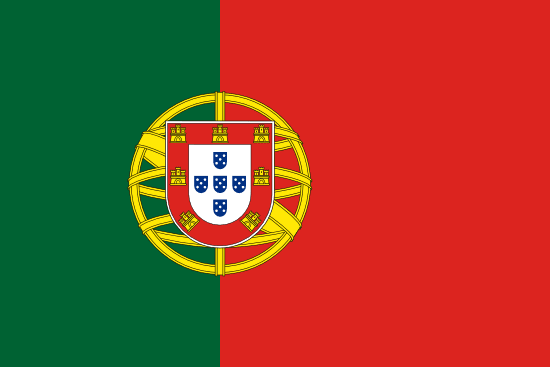"Monumento de orgulho e glória | Monument of pride and glory"
About:
Batalha, Portugal, was founded in the late 14th century, with its primary attraction, the Monastery of Batalha, commissioned by King João I to commemorate a military victory. The town grew around this Gothic masterpiece, becoming a center for tourism and pilgrimage. Despite economic challenges in the 19th and 20th centuries, Batalha has maintained its historical charm, attracting visitors with its rich history and stunning architecture. Today, it remains a significant cultural and historical site in Portugal.
When to visit:
Batalha, located in Portugal, is a charming town renowned for its historic monastery, the Monastery of Batalha, a UNESCO World Heritage site. The best time to visit Batalha is during the shoulder seasons of spring (April to June) and autumn (September to November) when the weather is mild and crowds are smaller. These months offer pleasant temperatures for exploring the town and its attractions without the peak summer tourist influx. Additionally, visiting during these times allows for a more intimate and immersive experience in this culturally rich destination.
When to avoid:
Traveling to Batalha, Portugal during the peak holiday season in the summer months of July and August can be challenging due to the high number of tourists crowding the popular attractions and accommodations in the area. The hot and dry weather during this time can also make exploring the historic sites and walking around the town uncomfortable for some visitors. Additionally, prices for accommodations and activities may be higher during this period, making it less budget-friendly for travelers. It is advisable to consider visiting Batalha during the shoulder seasons of spring and autumn for a more relaxed and cost-effective experience.
Spring (March–May)
Spring (March–May)
Summer (June–August)
Summer (June–August)
Language:
Batalha, a municipality in Portugal, predominantly speaks Portuguese, the official language of the country. It's a Romance language, originating from the regions of Galicia and northern Portugal. Some residents might also speak English, especially those involved in tourism and international business.




